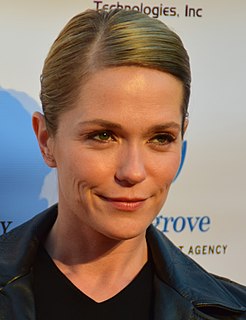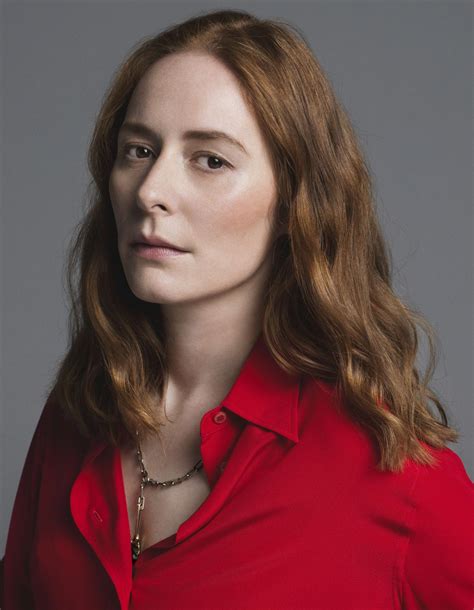A Quote by India Arie
I've been trying to arrive at a person who is self-defined and able to make my own mistakes rather than having other people make them for me.
Related Quotes
Be proud of your mistakes. Well, proud may not be exactly the right word, but respect them, treasure them, be kind to them, learn from them. And, more than that, and more important than that, make them. Make mistakes. Make great mistakes, make wonderful mistakes, make glorious mistakes. Better to make a hundred mistakes than to stare at a blank piece of paper too scared to do anything wrong.
Manliness has been defined as assertion of the self. Womanliness has been defined as the nurturing of selves other than our own - even if we quite lose our own in the process. (Women are supposed to find in this loss their true fulfillment.) But every individual person is born both to assert herself or himself and to act out a sympathy for others trying to find themselves - in Christian terms, meant to love one's self as one loves others ... Jesus never taught that we should split up that commandment - assigning 'love yourself' to men, 'love others' to women. But society has tried to.
... I don't think anybody should avoid mistakes. If it is within their nature to make certain mistakes, I think they should make them, make the mistakes and find out what the cost of the mistake is, rather than to constantly keep avoiding it, and never really knowing exactly what the experience of it is, what the cost of it is, you know, and all the other facets of the mistake. I don't think that mistakes are that bad. I think that they should try and not do destructive things, but I don't think that a mistake is that serious a thing that one should be told what to do to avoid it.
I'd like to make mistakes on my own dime, and not have a herd of people tell me what I'm doing wrong. and I'm also still trying to find and develop my voice as a filmmaker, and I think that's easier to do on your own terms, than trying to satisfy a bunch of people that are paying for the movie. That being said, I'm certainly open to moving into that world.
Engineers are not superhuman. They make mistakes in their assumptions, in their calculations, in their conclusions. That they make mistakes is forgivable; that they catch them is imperative. Thus it is the essence of modern engineering not only to be able to check one's own work but also to have one's work checked and to be able to check the work of others.
I believe that our society's "mistake-phobia" is crippling, a problem that begins in most elementary schools, where we learn to learn what we are taught rather than to form our own goals and to figure out how to achieve them. We are fed with facts and tested and those who make the fewest mistakes are considered to be the smart ones, so we learn that it is embarrassing to not know and to make mistakes. Our education system spends virtually no time on how to learn from mistakes, yet this is critical to real learning.
What do you first do when you learn to swim? You make mistakes, do you not? And what happens? You make other mistakes, and when you have made all the mistakes you possibly can without drowning - and some of them many times over - what do you find? That you can swim? Well - life is just the same as learning to swim! Do not be afraid of making mistakes, for there is no other way of learning how to live!



































